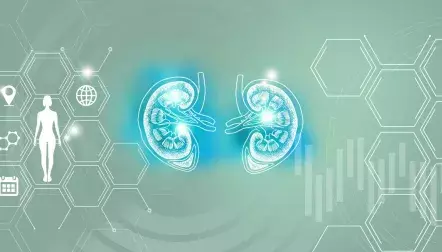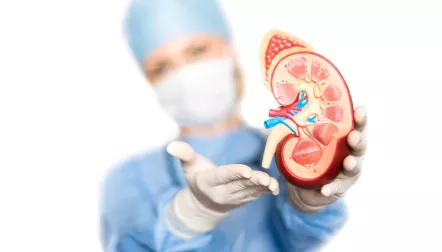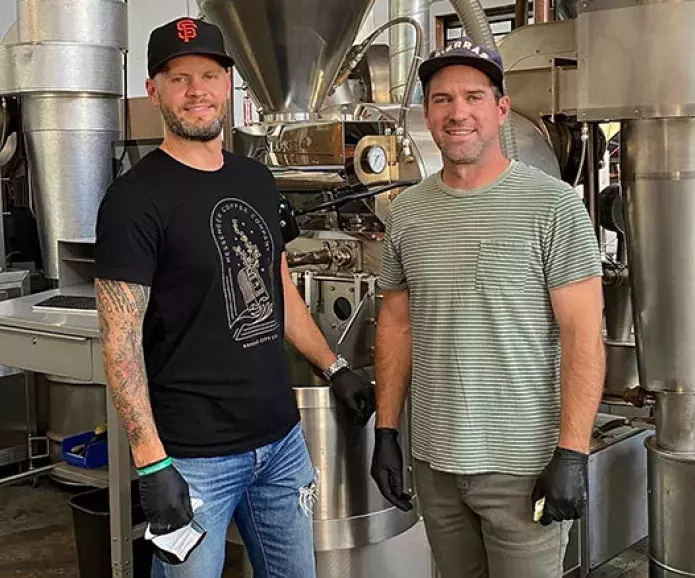
Donate a kidney

Jump to
How do I donate a kidney?
If you know someone who needs a kidney, and you are interested in donating a kidney (called living kidney donation):
- Learn about the benefits and risks of living kidney donation.
- Contact the transplant center where the potential recipient (the person who would get your kidney) is registered.
- The transplant center will set up an evaluation to find out if you are healthy enough to donate and a good match for your kidney recipient.
- If the transplant center decides that you are healthy and you are a good match for your recipient, they may approve and schedule your donation.
How to prepare for your living kidney donation.
If you are not a match for your kidney recipient, you may still be able to help through a paired kidney exchange. This allows you to donate your kidney to a different recipient in exchange for a kidney that is a match for your recipient. Talk with the transplant center if you would like to take part in a paired kidney exchange.
You can also donate a kidney to someone you do not know, which is called a living nondirected donation. If you are interested in a nondirected donation, contact a local transplant center. You will never be forced to donate.
What are the benefits and risks of living kidney donation?

Benefits
The benefit for your kidney recipient is that they will usually live a longer, healthier life compared to those who get a kidney from someone who has died. Benefits of donating a kidney include:
- Saving the life of another person
- Giving a renewed and improved quality of life to another person
- Greater understanding of your own health or health conditions through the evaluation process
Risks
On average, kidney donors have a permanent 25%–35% loss of their kidney function. However, donating a kidney does not raise your chance of kidney failure later in life or affect how long you would live.
The chance for medical problems related to your donation surgery are similar to other major surgeries and may include:
- Pain
- Feeling tired
- Hernia
- Blood clots
- Pneumonia (a lung infection)
- Nerve injury
- Blocked bowel (being unable to pass stool (poop))
You will have a small scar where the kidney was removed. How big the scar will be and where it will be located on your body will depend on your surgery. Ask the transplant surgeon about this if you have any questions or concerns.
You may feel anxiety or depression after your donation surgery. This may be a short-term effect from your anesthesia, a medicine to put you to sleep during surgery. During your recovery, you may feel down until you can get back to the things you enjoy. You also may need to take time off work during your recovery, which can cause financial stress.
Talk to your transplant team during your evaluation to find ways to manage these stresses.
Living kidney donor surgery

How do I know if I can be a living kidney donor?
If you want to be a living donor, the transplant center will do a medical evaluation to find out if you are healthy enough to donate a kidney. You will have many tests and exams, such as:
- Blood and urine tests
- Heart and lung tests
- Blood pressure check
- Ultrasound or X-rays of your kidneys
- Antibody test (antibodies are proteins in your blood that protect your body from foreign things, such as germs and viruses)
- Colonoscopy to test for colon cancer if you are older than 50
- Prostate exam
- Mammogram (test for breast cancer) and Pap smear (test for cervical cancer)
You will also talk with a transplant social worker. They will ask questions to make sure that you are mentally and emotionally ready to donate a kidney and that you have a support system to help you after the donation surgery.
If the transplant team decides that you are healthy and a good match for the person getting your kidney, you may be approved to donate.
What happens on the day of surgery?
- You will be placed on your back on the surgery table. In most cases, you and your recipient will be in nearby operating rooms.
- You will be given anesthesia, a medicine to put you to sleep during surgery.
- The surgeon will make a cut on your belly and carefully remove your kidney. The surgeon will close the skin cut and you will go to a recovery room. The surgery takes two to three hours.
Read more about what kidney donation surgery is like.
Help AKF fight kidney disease
Help AKF fight kidney disease

Brothers, best friends and the perfect match
Fundraise for AKF
“I gave my brother my kidney and fundraised for AKF so others could get theirs.” -Jeremy Smith, kidney donor and KidneyNation fundraiser
Support AKF anywhere, anytime — and have fun while doing it! Join an AKF 37 Mile Challenge. Pledge your birthday. Or create a fundraiser that's unique to you. We are here to support you along the way.

